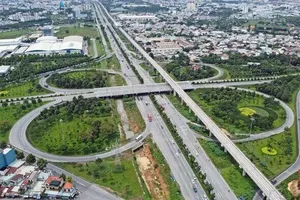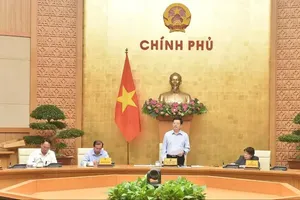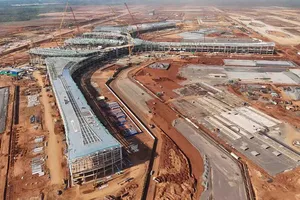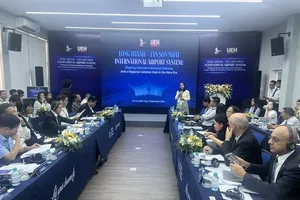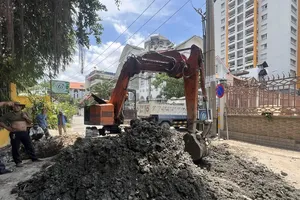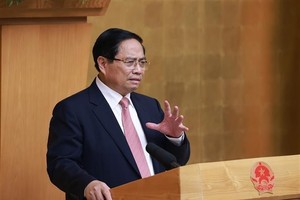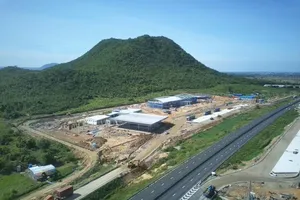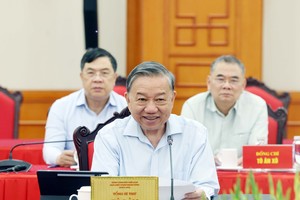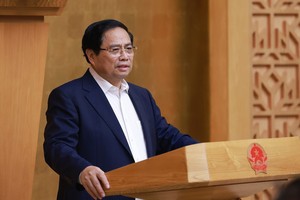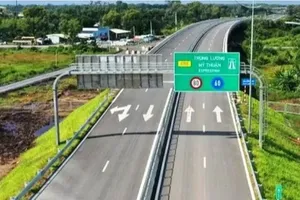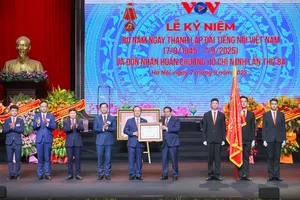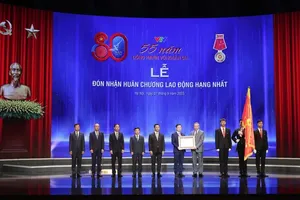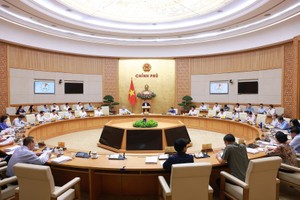The National Assembly (NA) discussed draft Laws on Administrative Procedures (revised) in a plenary session yesterday morning.
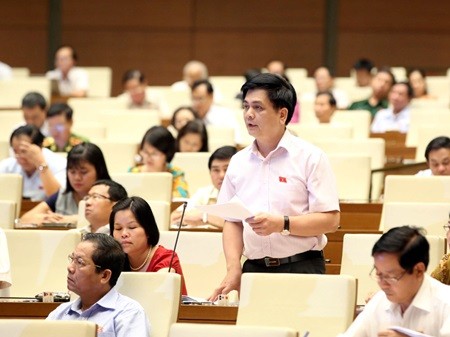
A report by the NA's Committee on Judicial Affairs listed a number of shortcomings and limitations regarding the current laws that have been in use since July 2011 and stressed the need to improve their effectiveness.
Most deputies approved proposed changes to allow cases that could not be settled by local courts to be handled by provincial and city courts.
Deputies said local courts might not be able to maintain their neutrality in cases involving administrative decisions issued by local authorities.
Taking those cases to a higher court, in theory, would result in fairer judgements.
Deputies said the number of unsettled legal disputes in recent years was about four to five per cent. They were often complicated cases that local courts were not well-equipped to handle in terms of knowledge and experience.
However, Deputy Huynh Nghia from Da Nang, told the NA to reconsider the amendment as it would require citizens to travel to higher courts, resulting in increased time and expenses to settle their complaints.
Another topic of discussion was the expanded jurisdiction of the court to pass judgement on Government administrative decisions,
Deputy Huynh Ngoc Anh from HCM City and Deputy Dang Cong Ly from Binh Dinh said the court's expanded jurisdiction might hinder and complicate the operations of Government organisations.
Deputies gave examples of law-enforcement agencies decisions to send drug addicts to mandatory rehab programmes, internal disciplinary actions that may be overturned should the court's jurisdiction expanded.
In the morning session, NA deputies discussed the role of the Supreme People's Procuracy of Viet Nam in handling legal disputes regarding administrative procedures and court judgments.
Law on referendums
In the afternoon, deputies discussed the draft law on referenda.
The bill, drafted by the Vietnam Bar Association, is aimed at promoting people's involvement in the building of a socialist state governed by law.
Lawmakers agreed on the need to issue the law to concretise regulations of the 2013 Constitution, creating a legal foundation for people's participation in State activities and the exercise of their right to mastery over important national issues.
Some deputies suggested there should be specific regulations about issues on which the National Assembly could decide to hold referenda.
"Referenda should be held on a national scale in line with the Constitution. I also agree that only issues of national importance should be decided by the people through referenda," Tran Hong Tham, a deputy from Can Tho City, said.
